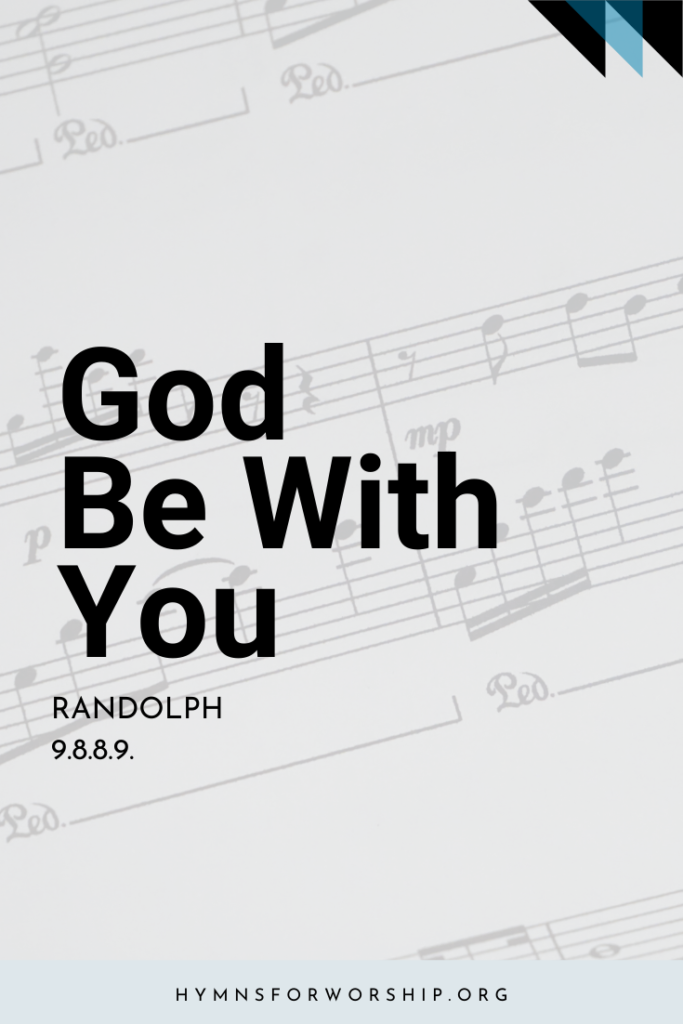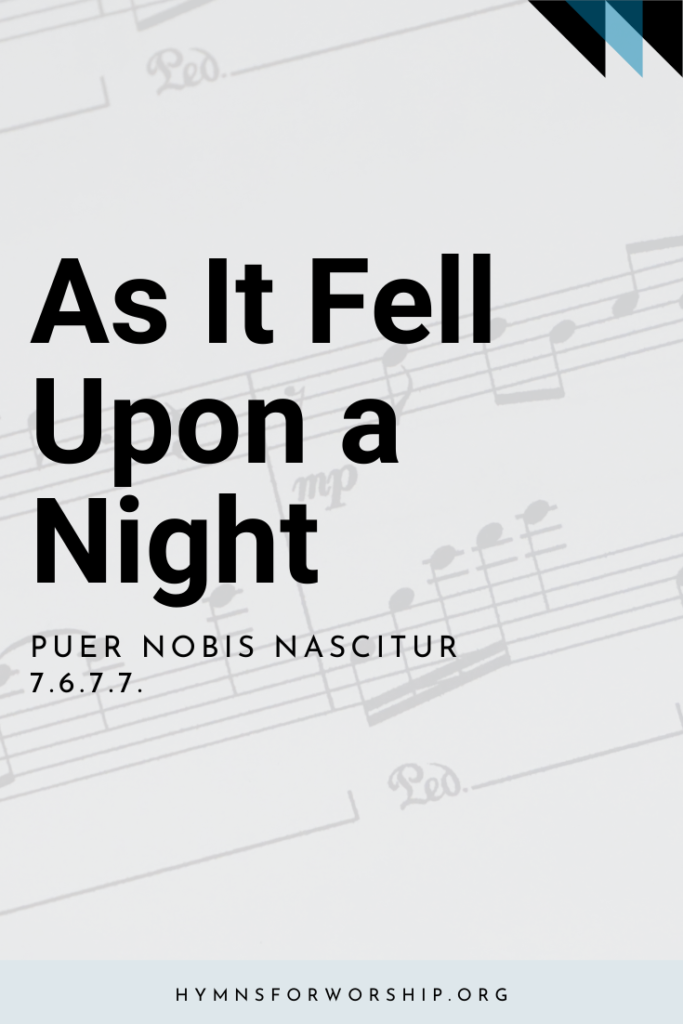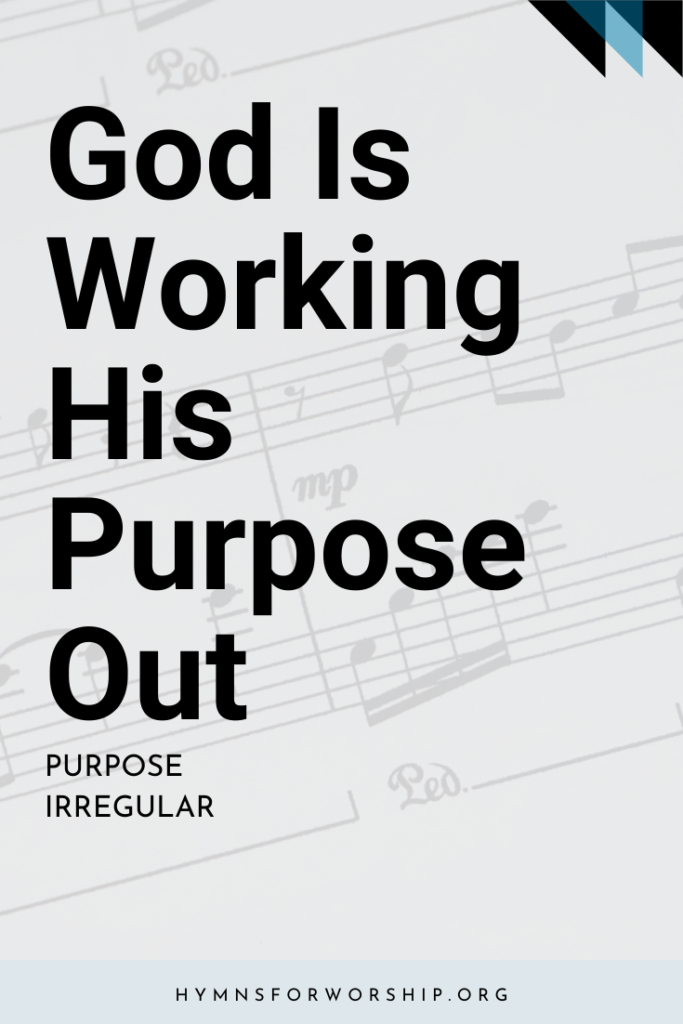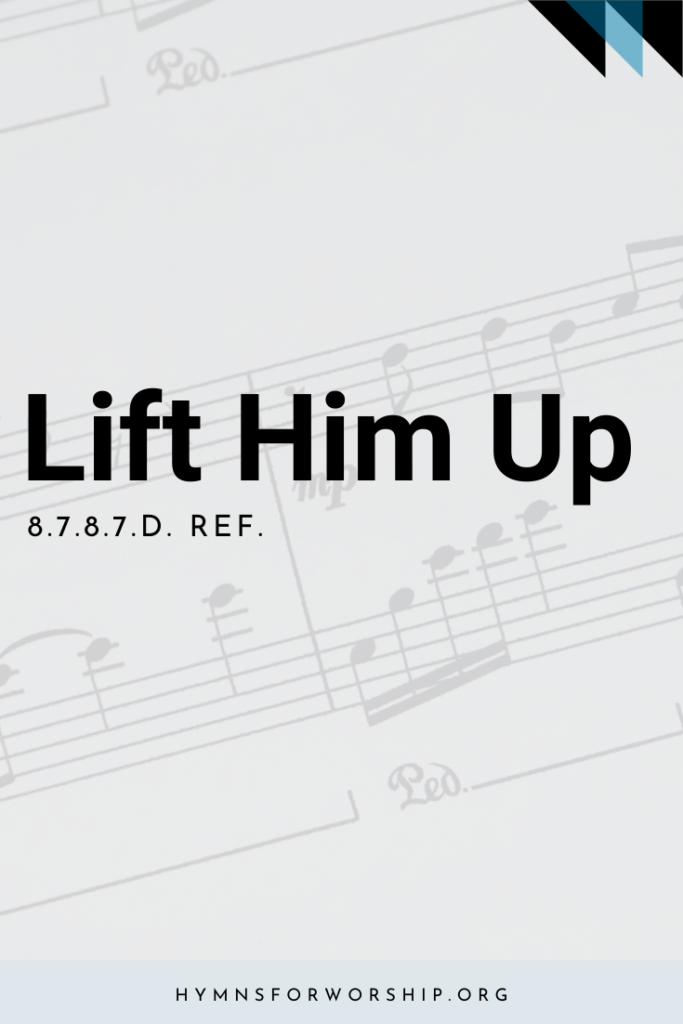HOLY SCRIPTURES
SDAH 277
For Your holy book we thank You,
And for all who served You well,
Writing, guarding, and translating,
That its pages might forth tell
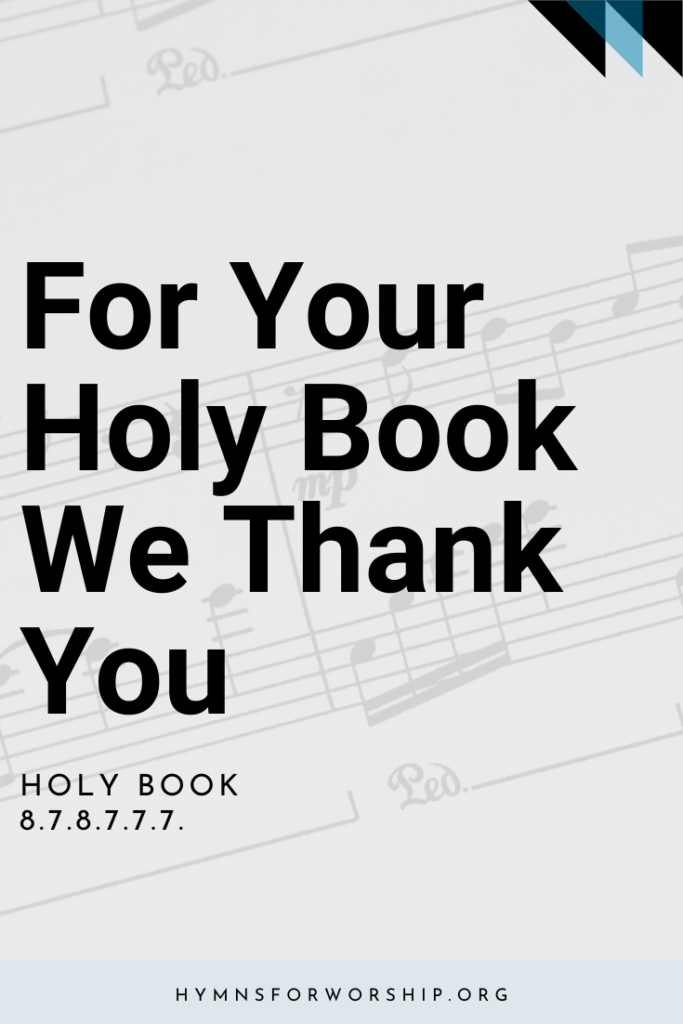

Text
1
For Your holy book we thank You,
And for all who served You well,
Writing, guarding, and translating,
That its pages might forth tell
Your strong love and tender care
For Your people everywhere.
2
For Your holy book we thank You,
And for those who work today,
That the people of all nations,
Reading it and following may
Know Your love and tender care
For Your people everywhere.
3
For Your holy book we thank You,
May its message be our guide,
May we understand the wisdom
Of the laws it will provide:
And Your love and tender care
For Your people everywhere.
4
For Your holy book we thank You,
May its message in our hearts
Lead us now to see in Jesus
All the grace Your word imparts:
All Your love and tender care
For Your people everywhere.

Hymn Info
Biblical Reference
(a) 1 Tim 5:17; 1 Pet 5:7
Author
Ruth Carter (1900-1982)
Year Published
1932
Copyright
Words copyright Mrs. Betty Carter. London, 1950. Music copyright 1984 by Blythe Owen.
Hymn Tune
HOLY BOOK
Metrical Number
8.7.8.7.7.7.
Composer
Blythe Owen (1898-2000)
Year Composed
1984
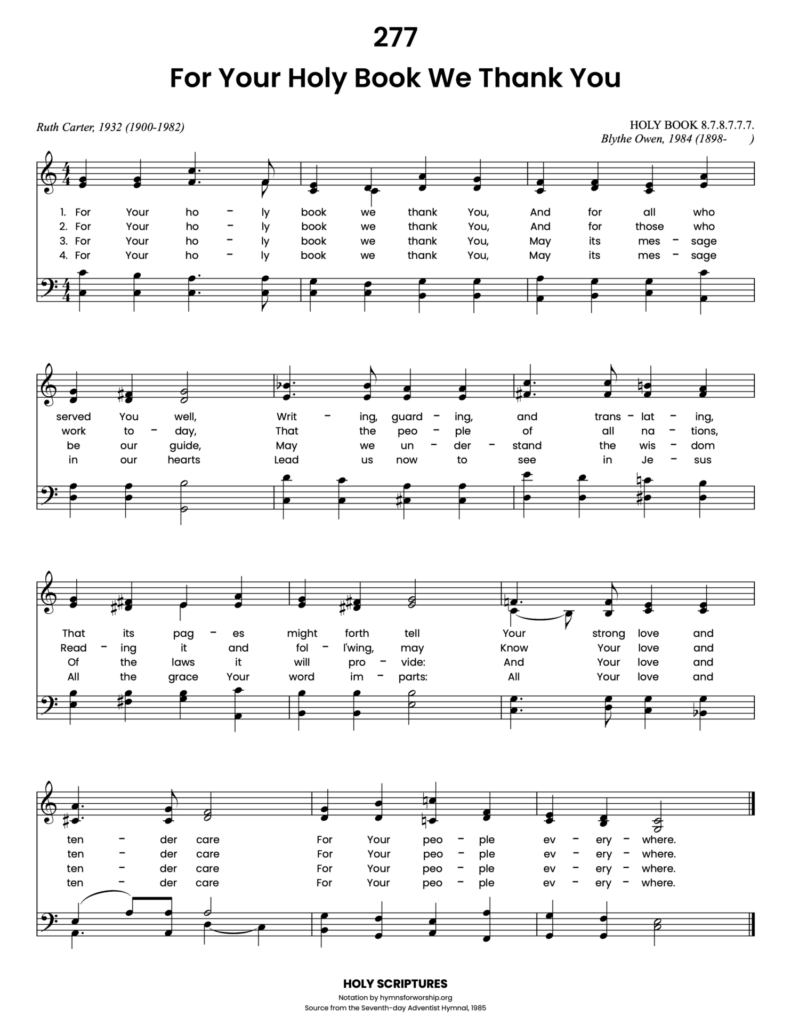
Get the hymn sheet in other keys here
Notes
Make each hymn more meaningful with these helpful tools: Short, ready-to-use hymn introductions for church bulletins, multiple ways to introduce a hymn based on your worship theme and in-depth history and insights to enrich your song service.
As we approach the last days of earth’s history, we need more than ever to study and live according to God’s Word. Only Scripture can provide us with an authoritative explanation of the world we live in. After all, Scripture tells the story of the great controversy between good and evil, and thus reveals that human history will close with the obliteration of evil and the establishment of God’s eternal kingdom. The more we study the Scriptures, the better we can understand the contemporary situation of the world and our place in it, as well as our reasons for hope amid a world that offers none. (Lesson 10, 1st Quarter 2020 – Sunday, Centrality of God’s Word, 3/1/2020)
As Christians, we accept and believe that the Bible is the only standard of our faith and practice. We may ask for the Holy Spirit to make us understand and believe what God wants to teach us. (Lesson 10, 1st Quarter 2021 -Tuesday, Who Has Believed, 3/2/2021)


